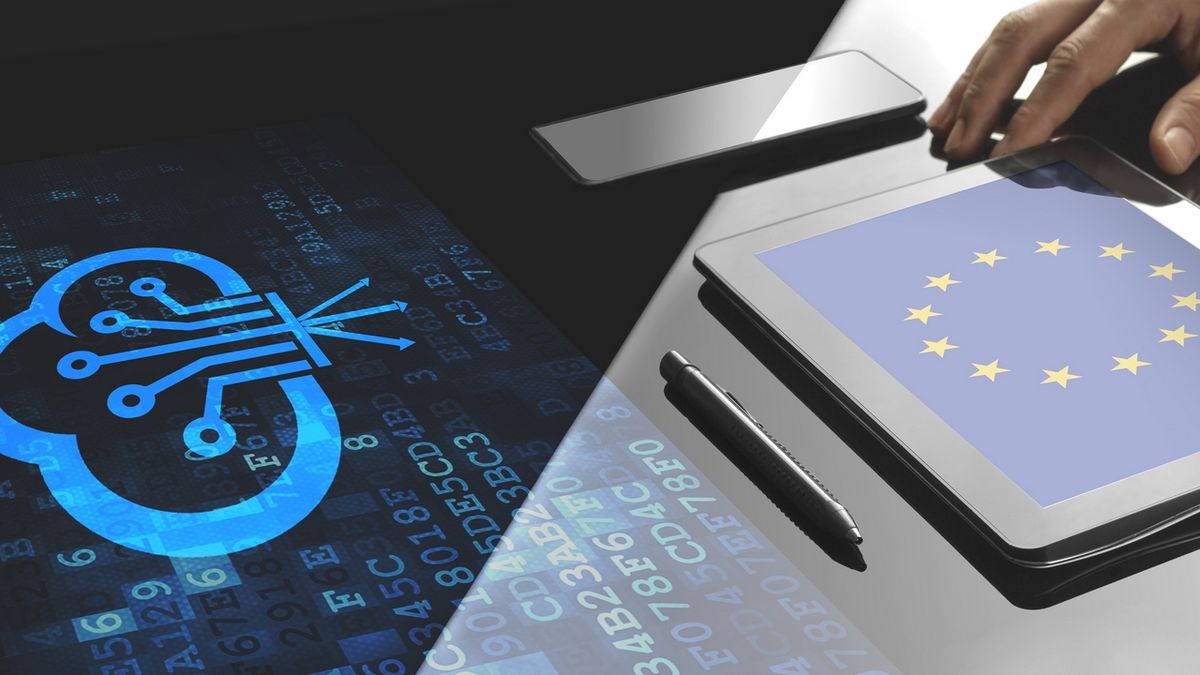The European Union invests 1.2 billion euros in its own cloud to break dependence on Microsoft, Amazon and Google

Cases of espionage, monopoly, and lack of control of critical data of European citizens have led the European Union to develop its own technologies to break dependence on the United States and China. The EU is going to invest 1.2 billion euros in the creation of the European cloudwith important Spanish participation.
A cloud is a network of servers that allows you to store information and run applications on the Internet, instead of on local computers.
The idea of the European Union is to create 10,000 nodes spread throughout Europeso that the Europeans’ data stays here.
The European Union cloud is already underway
According to the European Commission itself, seven countries are going to contribute these 1,200 million euros: Spain, France, Germany, Italy, Netherlands, Hungary and Poland. With private contributions, they hope to reach 1.4 billion euros.
This money will be used to finance 19 European telecommunications companieswho will work to create the nodes (server centers) in their countries, and then communicate with each other.
Important companies such as Siemens, Deutsche Telekon, Orange, Tiscali, etc. collaborate. Spain contributes three technology companies: Telefónica, OpenNebula Systems, and Arsys Internet.
Telefónica and Deutsche Telekon are going to lead the project, since they are the two companies that will build the cloud infrastructure. The rest will be in charge of the tools and applications:
European Comission
The European Commission assures that This investment will create 1,000 jobsand several thousand more in supply and support companies for those mentioned.
The objective of the European Union is that, In 2030, 75% of online services and data in member countries will be stored in this cloud.
A European cloud is an ambitious project that will take a few years, but necessary. The European Union needs to have greater control over the data of European citizens and companies, to protect them from espionage and the lighter privacy legislation of other countries.



